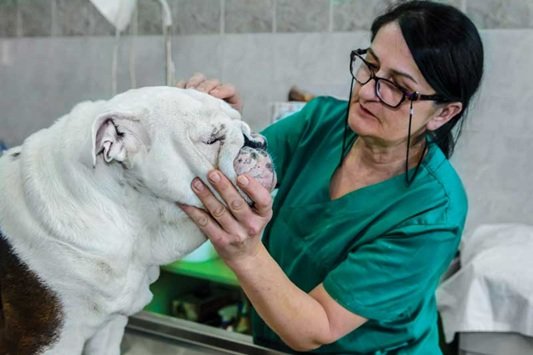You love your pet like family. When they fall ill, you want the best care. General veterinary practitioners are often your first stop. They tackle many common illnesses to help your furry friend feel better. Conditions like ear infections, skin allergies, and digestive issues are frequently treated by these professionals.
Brandon veterinarian clinics provide experienced care for such ailments. They understand the distress that accompanies a sick pet. Ear infections cause discomfort and can worsen if not treated. Skin allergies lead to itching, which affects your pet’s happiness. Digestive issues may seem minor, but they can signal bigger problems.
Seeking help promptly is the key to a quick recovery. Regular check-ups also catch issues early. This proactive approach keeps your pet healthy and thriving. Remember, prompt treatment fosters a happier life for your pet. Reach out to your local vet when you notice any signs of illness.
Common Conditions and Their Impact
Pets face various health challenges during their lives. General veterinary practitioners are well-equipped to handle common conditions. Understanding these illnesses helps you make informed decisions about your pet’s care.
Ear Infections
Ear infections are a frequent issue, especially in dogs. Symptoms include scratching, head shaking, and unusual odor. Treatment involves cleaning and medication. Left untreated, infections can cause serious complications. According to the Cornell University College of Veterinary Medicine, regular cleaning is essential to prevent recurrence.
Skin Allergies
Skin allergies result in itching, redness, and hair loss. Flea bites, food, or environmental factors often cause these allergies. Treatment includes medications and dietary changes. Managing the living environment also helps reduce symptoms.
Digestive Issues
Vomiting and diarrhea in pets are common signs of digestive problems. Causes range from dietary indiscretion to infections. Treatment depends on the underlying cause. Ensuring your pet stays hydrated is crucial during recovery.
Respiratory Infections
Coughing, sneezing, and nasal discharge are signs of respiratory infections. These illnesses spread quickly among pets. Vaccinations and prompt treatment help control the spread. Symptoms might resemble those of other conditions, so always consult your vet.
Urinary Tract Infections (UTIs)
UTIs cause frequent urination and discomfort. They are more common in female pets. Proper diagnosis and antibiotic treatment are necessary. Untreated UTIs may lead to kidney issues.
Comparison of Common Treatments
| Condition | Treatment | Prevention |
|---|---|---|
| Ear Infections | Cleaning, Medication | Regular Ear Cleaning |
| Skin Allergies | Medication, Diet Changes | Avoid Triggers, Flea Control |
| Digestive Issues | Dietary Management, Hydration | Proper Diet, Avoiding Indiscretion |
| Respiratory Infections | Medication, Isolation | Vaccination, Good Hygiene |
| UTIs | Antibiotics | Hydration, Hygiene |
Importance of Regular Check-Ups
You can’t always predict when your pet will fall ill. Regular vet visits help catch problems early. Prevention is always better than treatment. Routine exams ensure your pet stays healthy and happy. These visits allow vets to monitor your pet’s health and address potential issues.
Conclusion
Your pet depends on you for their health. You play a crucial role in recognizing signs of illness. Quick action and regular vet visits keep your pet in good shape. General veterinary practitioners offer the first line of defense against common illnesses. Trust in their experience and follow their guidance. By doing so, you ensure a long, healthy life for your beloved companion.



